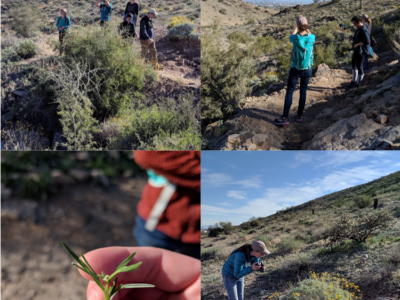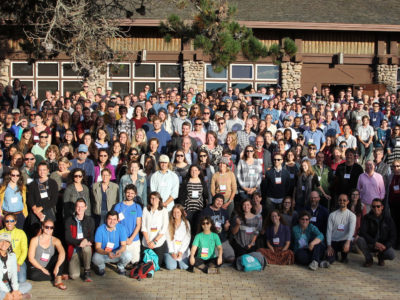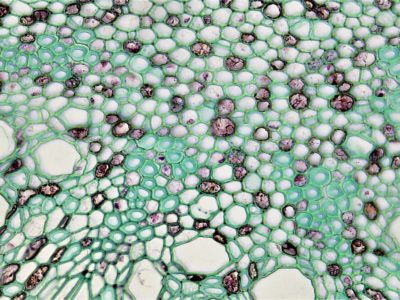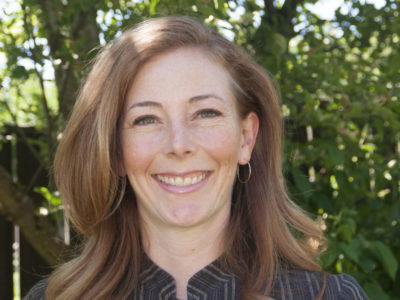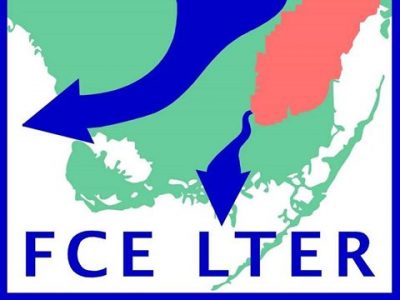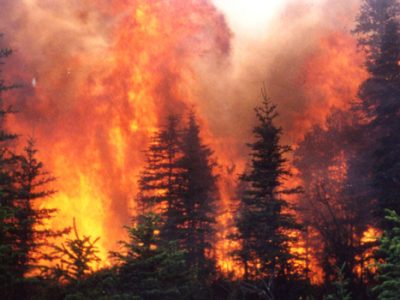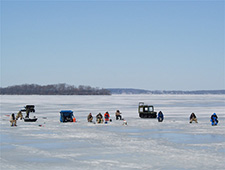Connecting Communities: LTER at ESA 2019
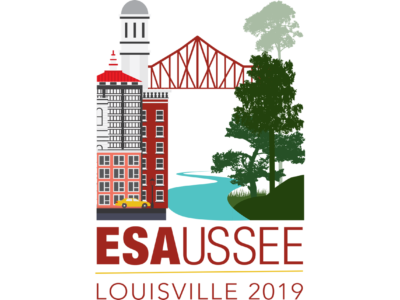
LTER presents two plenary talks, plus results from synthesis working groups.
Individual talks and posters are listed and cover topics as diverse as the ecology of segregation, connectivity in barrier island communities, and modeling complex landscapes using machine learning.

